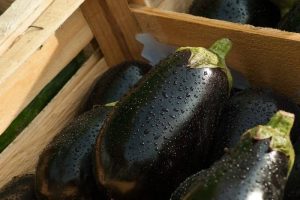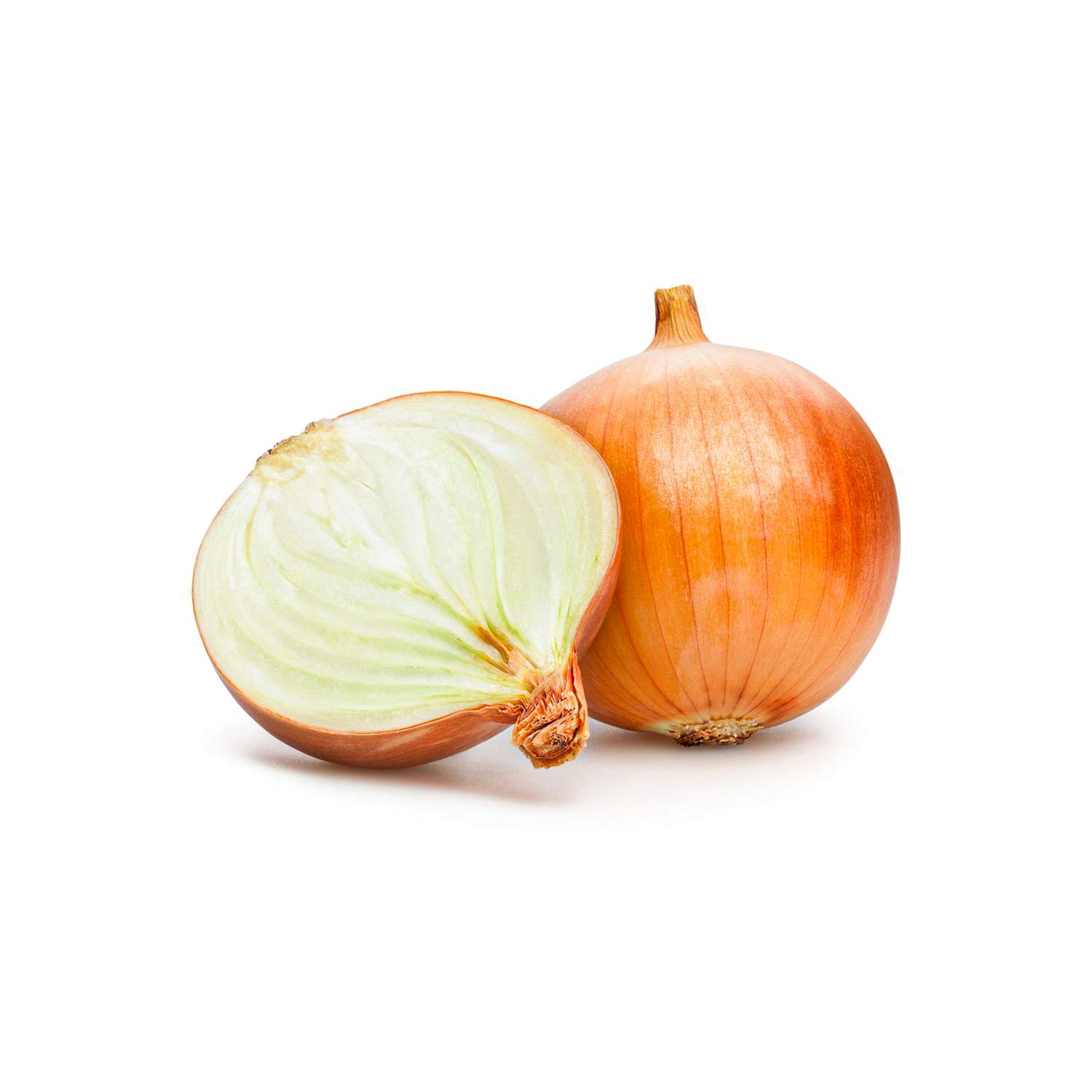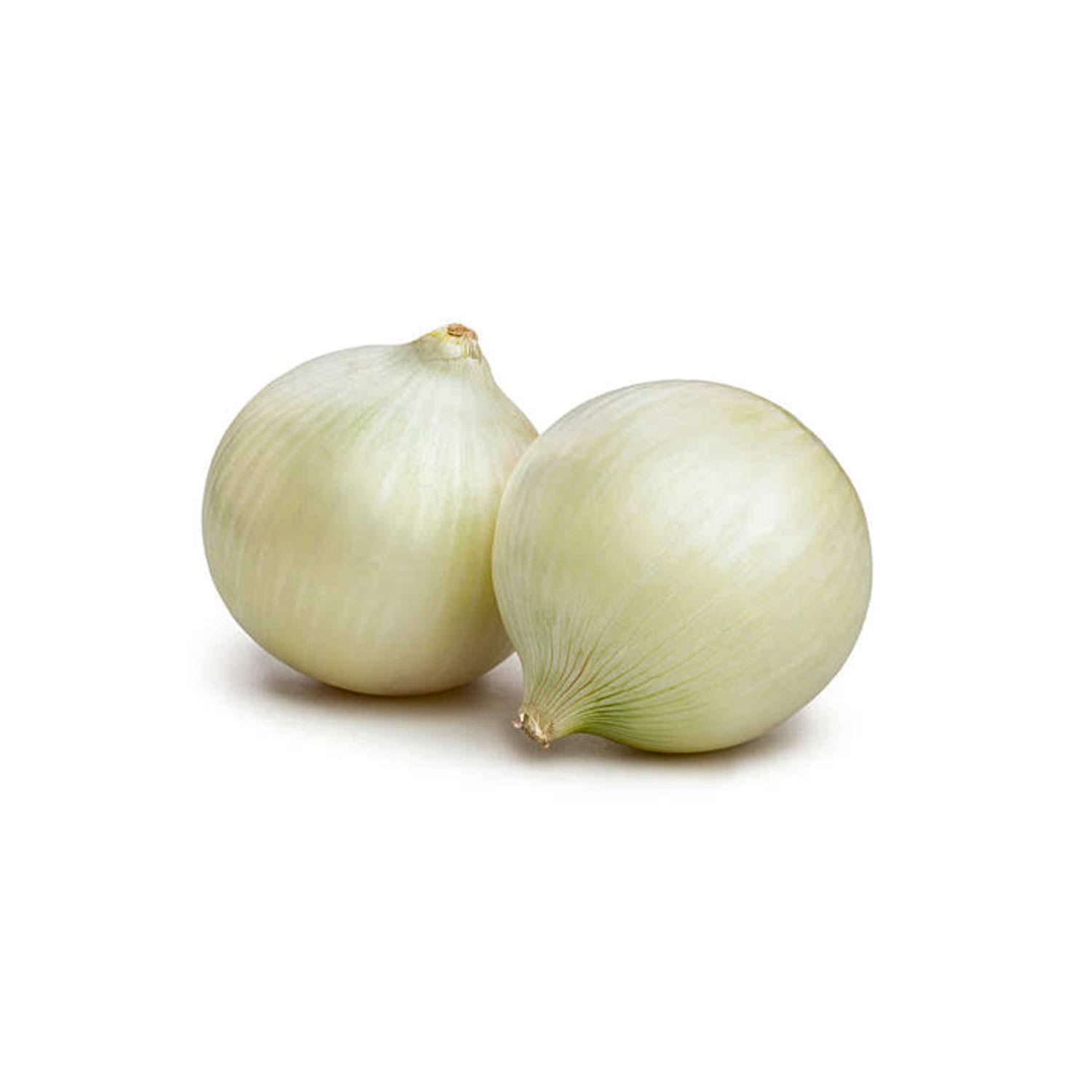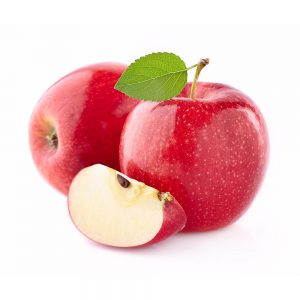A Promising Market Opportunity
Introduction to Eggplant Exporting
Eggplant, also known as aubergine or brinjal, is a widely appreciated vegetable due to its unique taste and culinary flexibility. As global interest in fresh, nutritious produce grows, exporting eggplant to Russia offers a promising opportunity for agricultural businesses. This article outlines the advantages of entering this market, explains the key export requirements, and offers actionable strategies for success.Eggplant Export to Russia


Why Export Eggplant to Russia?
1. Rising Demand for Fresh Produce
Over the past decade, Russian consumers have become more focused on healthy eating. As a result, demand for fresh vegetables—including eggplant—has surged. This shift is especially visible in urban centers where middle-class consumers are seeking out low-calorie, nutrient-rich foods. Exporters who can deliver consistent quality have a real chance to meet this increasing demand.Eggplant Export to Russia
2. Eggplant’s Versatility in Global Cuisines
Eggplant is used in a wide range of traditional dishes around the world. Whether it’s ratatouille in France, moussaka in Greece, or baba ghanoush in the Middle East, eggplant plays a central role in many popular meals. Consequently, its culinary adaptability enhances its value in diverse food markets such as Russia.
3. Niche Markets from Ethnic Communities
Russia has a large population of immigrants and ethnic groups from Central Asia, the Caucasus, and the Middle East. These communities often incorporate eggplant into their daily cooking. Therefore, exporting specific varieties that align with their culinary preferences can open up highly targeted, profitable niches.
Key Requirements for Exporting Eggplant to Russia
1. Meeting Quality and Safety Standards
To succeed in the Russian market, exporters must comply with national food safety regulations. In particular, eggplants should meet size and visual grading standards. Additionally, exporters must ensure that pesticide residue levels stay within approved limits. Obtaining certifications such as GlobalG.A.P. or HACCP will further assure buyers of your commitment to food safety and quality.
2. Appropriate Packaging and Accurate Labeling
Packaging must preserve product integrity during shipping and distribution. Ventilated crates or boxes are recommended to prevent spoilage. Furthermore, Russian import regulations require detailed labeling, which must include:
Product name (“Fresh Eggplant”)
Country of origin
Net weight and expiration date
Nutritional information
Any applicable certifications (e.g., organic, non-GMO)
Not only does this ensure compliance, but it also boosts credibility with retailers and consumers.
3. Essential Export Documentation
Proper documentation is a prerequisite for smooth customs clearance. Exporters must prepare the following:
Commercial Invoice: Contains details of the transaction, including pricing and quantity.
Phytosanitary Certificate: Confirms the shipment is free from pests and meets health standards.
Certificate of Origin: Verifies where the eggplants were grown.
Packing List: Lists the contents of each package for inspection purposes.
Failure to provide these can lead to delays or even shipment rejection, which could damage supplier relationships.
Strategies for Success in the Russian Market
1. Conduct Market Research and Choose the Right Region
Although Russia is a vast country, not all regions offer equal opportunity. Therefore, exporters should target high-demand areas like Moscow, St. Petersburg, and Kazan. These cities not only have large populations but also house consumers with a greater appreciation for international cuisines.
2. Form Strategic Partnerships with Distributors
Long-term success depends on strong relationships with local importers, wholesalers, and food service companies. Attending trade expos such as WorldFood Moscow can help connect with key players. Moreover, maintaining regular communication and consistent supply builds trust, which is essential in this market.
3. Stay Informed on Pricing and Seasonal Trends
Prices for eggplant vary based on seasonality and supply chain conditions. Therefore, keeping an eye on local trends allows exporters to adjust pricing strategies and optimize delivery schedules. For instance, off-season shipments often command premium prices, especially when local production is low.
Conclusion
In summary, exporting eggplant to Russia represents a lucrative opportunity for agricultural exporters aiming to expand into international markets. With increasing consumer demand, a diverse culinary landscape, and the presence of niche ethnic markets, the potential for growth is substantial. By adhering to quality standards, investing in strategic partnerships, and staying responsive to market conditions, exporters can position themselves for long-term success in one of the world’s most dynamic vegetable markets.





